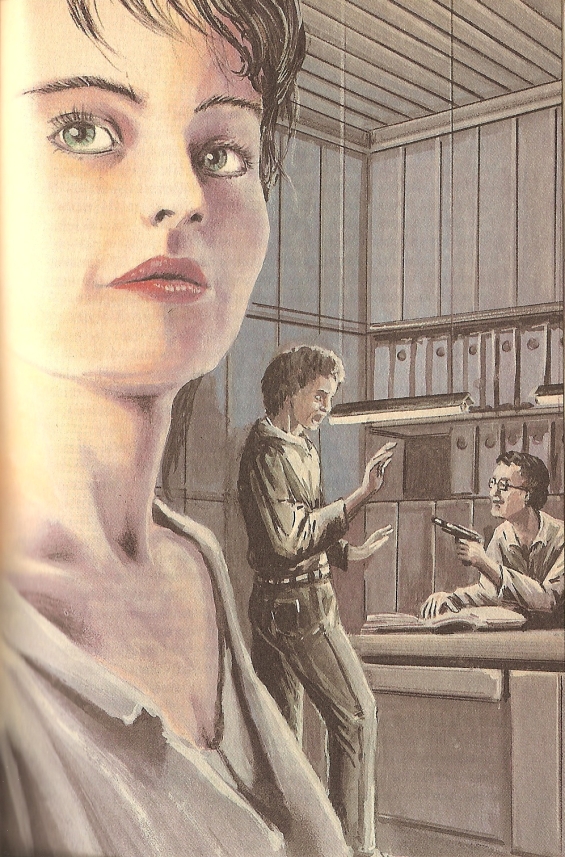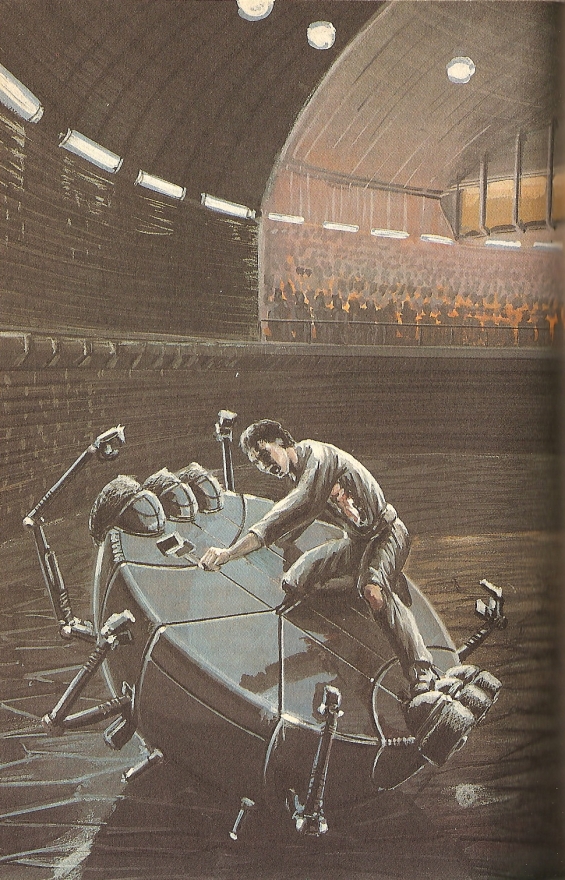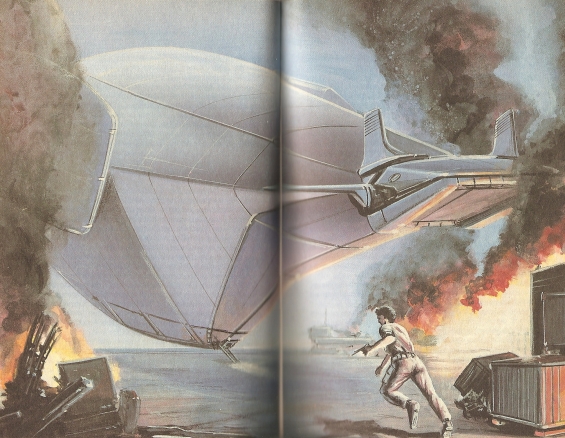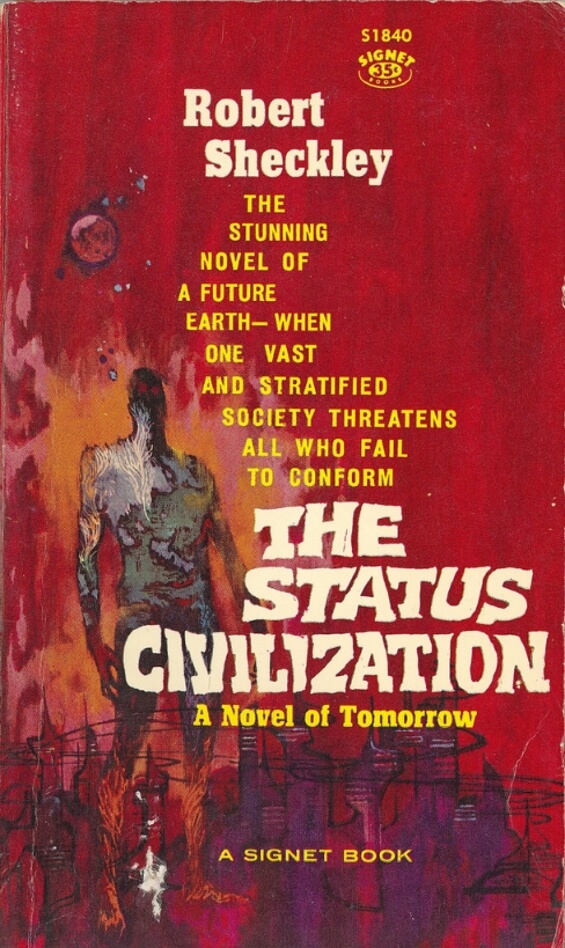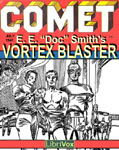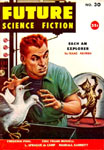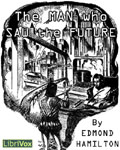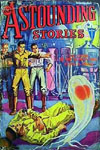

 Armor
Armor
By John Steakley; Read by Tom Weiner
11 CDs – Approx. 13.5 Hours [UNABRIDGED]
Publisher: Blackstone Audio
Published: 2009
ISBN: 1433294834
Themes: / Science Fiction / Military SF / War / Leadership / Drugs / Psychology /
The planet is called Banshee. The air is unbreathable, the water poisonous. It is the home of the most implacable enemies that humanity, in all its interstellar expansion, has ever encountered. Felix is a scout in A-team Two. Highly competent, he is the sole survivor of mission after mission. Yet he is a man consumed by fear and hatred. And he is protected not only by his custom-fitted body armor, the culmination of ten thousand years of the armorers’ craft, but also by an odd being which seems to live with him, a cold killing machine he calls “the Engine.” This best-selling science-fiction classic is a story of the horror, the courage, and the aftermath of combat and also of how strength of spirit can be the greatest armor of all.
Armor is a novel that was clearly inspired by Robert A. Heinlein’s Starship Troopers. It makes use of both powered exoskeletons and insect-like alien enemies. But, instead of being a novel of politics and leadership it is a very different kind of story. At first I thought it was about the psychological effects of violence and the various kinds of heroism that can exist within a person. I was wrong because that isn’t enough. This novel is not one or two things. It isn’t the normal kind of idea driven SF that I so love – instead its ideas flow more through the emotions, eliciting our sympathies. I think this was acomplished by it changing, turning over and over, with it’s many plot surprises.
Early on Felix, our viewpoint character, refers to something he calls an “engine.” I thought he was describing the powered armor of the title. That would make sense, there was a video game called Heavy Gear that, like than Mechwarrior, had men and women doing battle in humanoid shaped tanks. I think it refereed to its “mechs” as “engines.” Felix seems pretty much like any of the other soldiers he’s been dropped with on planet Banshee. Maybe he’s a bit more of a hick – he doesn’t know the names of the winners at the Powered Olympics. Felix makes no waves, volunteers for nothing. He just wants to survive the battle to come. But when the waves of enemy aliens pour out of their holes only Felix survives – and keeps on surviving.
Armor has taut battle scenes, flowing exposition, and realistic dialogue. Had John Steakley written more, and his other novel Vampire$ |READ OUR REVIEW|, I think he’d be a very well known author.
The first third (or so) of the novel follows Felix, a low ranking scout in the invasion of the planet Banshee. Here the action somewhat resembles that of Starship Troopers. Then there is an abrupt switch – the novel seems to lurch into an an entirely different scene and setting. Set a few years later and following in first person perspective this time we meet a man named Jack Crow. Crow is a notorious galactic scoundrel. A well known thief, pirate, and adventurer – his legend is long and precedes him even to an obscure research station on a planet called Sanction. Crow is there to infiltrate, but eventually finds himself involved in an experiment – one that drains him of his half-hearted bravado and changes his life. If were talking about where this novel fits in the SF library I’ll say this: Armor synthesizes the action of Heinlein’s Troopers with the emotional impact of Haldeman’s The Forever War – but still comes off as a completely unique story.
Tom Weiner, who seems to be narrating almost every Blackstone Audio audiobook that I’m listening to these days, delivers his usual letter perfect narration. Weiner animates Felix with a weary melancholy of a veteran scout, brightens audibly with the cocksure Crow, pulls a vocal Tom Bombadil with Louis, feminizes for Lya, and geeks it all up for Holly (a star-struck scientist). That’s pretty impressive. Check this audiobook out!
Posted by Jesse Willis



